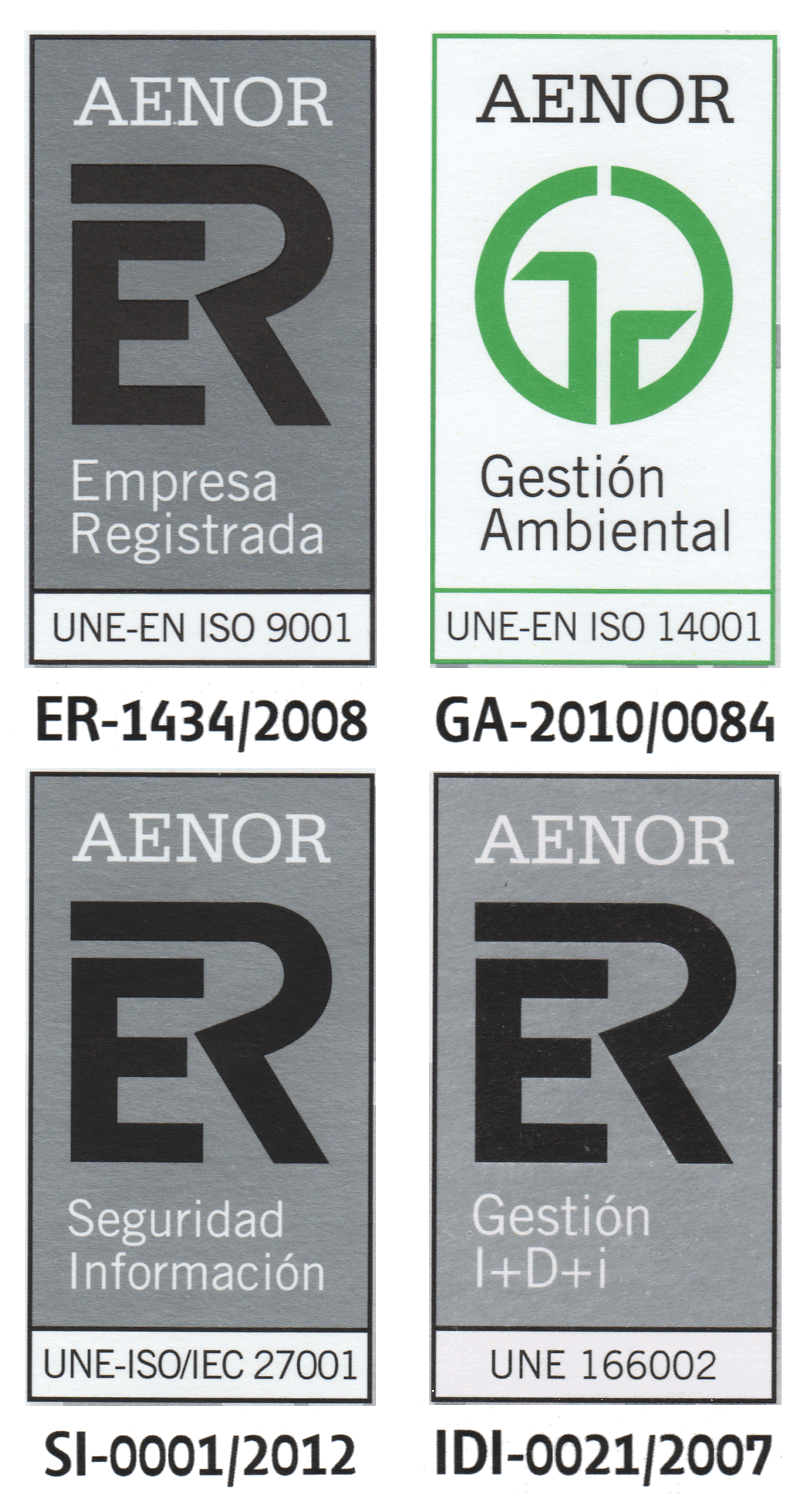In the second part of the 20th century, a great deal of effort was devoted to understanding how computations take place in nature, and to benefit from this understanding by getting more efficient algorithms or even new types of computers.
Within the First Joint Meeting between the RSME and the AMS, held in Sevilla, from June 18 to June 21, 2004, a Special Session entitled Biomolecular Mathematics was organized by Fernando Guzmán and Tom Head, from Binghamton University (USA), Carlos Martín-Vide, from University Rovira i Virgili of Tarragona (Spain), and Mario J. Pérez Jiménez, from University of Sevilla (Spain).
To that Session were invited, as speakers, Alessandra Carbone (Institut des Hautes Etudes Scientifiques), Rudolf Freund (Technische Universitaet Wien), Tero Harju (University of Turku), Mike Holcombe (University of Sheffield), Gheorghe Paun (Institute of Mathematics of the Romanian Academy), and Rani Siromoney (Madra Christian College). Following the conference presentations by the invited researchers, four talks were given, with the session being closed by a discussion of Recent results in Natural Computing. The title of this volume is intended to reflect the spirit of the last act that took place in the Special Session of Biomolecular Mathematics. The main goal of the volume is to present recent results in such research areas as evolutionary computing, molecular computing, and membrane computing, all of which belong to the emerging area of of Natural Computing, which is concerned with both the computing taking place in Nature and the new methods of computing inspired by Nature.
All participants in the above mentioned Session of the Joint Meeting were invited to collaborate in this volume, as well as other prominent researchers belonging to the field of Natural Computing that could not attend the Special Session.
We have collected 13 papers by 20 authors in the present volume. We hope that the papers collected here contribute to deepen the study of several topics in Natural Computing, and to strengthen some of the emerging lines in this field.
We would like to thank all the authors for their good attitude towards participating in the elaboration of this book, as well as for the quality of the papers presented. They are the responsible and true editors of this publication. We also thank all who have had to decline our invitation because of their busy research agendas.
| 


